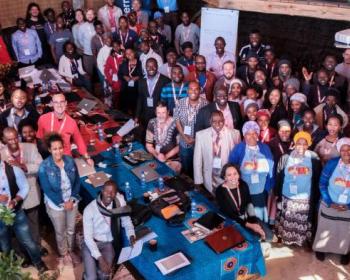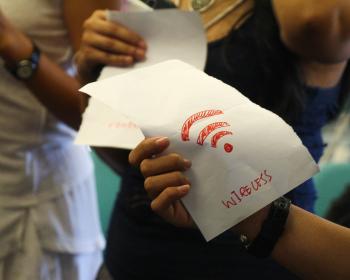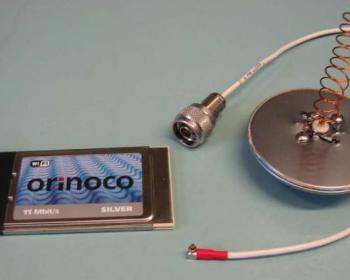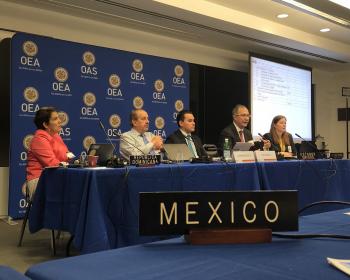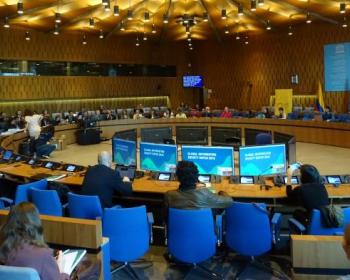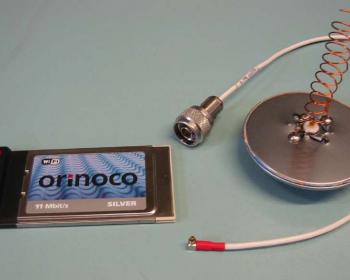International Development Research Centre (IDRC)
IDRC was one of our earliest supporters, providing funds needed to launch the APC Women’s Networking Support Programme (APC WNSP) activities around the world during the lead-up to the 1995 UN World Conference on Women. IDRC also provided support to some of the earliest work promoting connectivity through a network of store-and-forward notes in Africa, Asia, Latin America and Central and Eastern Europe. IDRC continued to support initiatives of the APC WNSP, as well as the development of our Mission-Driven Business Planning Toolkit. IDRC also provided start-up support to our internet rights work through the Global ICT Policy Monitor project, with a focus on activities in Latin America and Africa. In addition, APC’s Betinho Communications Prize to recognise socially meaningful uses of the internet was funded by IDRC for the first two years, along with partial support for the APC Africa Hafkin Prize and, in 1995, for the APC Council Meeting in Brazil.
Work supported:
-
Feminist Internet Research Network (2018-2022)
-
Local Access Networks: Can the unconnected connect themselves? (2017-2018)
-
Mapping Gender and the Information Society (2016-2017)
-
A Rights-Based Approach to Internet Policy and Governance for the Advancement of Economic, Social and Cultural Rights (2013-2016)
-
Building research and communications capacity for an open, fair and sustainable networked society: The APC Action Network (2010-2012)
-
Implementation of a Business Development Strategy for the Gender Evaluation Methodology (GEM business model) (2010-2011)
-
Capacity Building and Institutional Support Project (INSPRO I and II) (2005-2010)
-
Communication for Influence in Central, East and West Africa (CICEWA) (2008-2010)
-
D-Island – online spaces for ICT4D practitioners (2010) Towards Détente in Media Piracy (2008-2010)
-
Gender and ICT Evaluation Methodology (GEM II) (2006-2009)
-
Communication for Influence in Latin America (CILAC) (2008-2009)
-
GenARDIS project (2005-2009) Feminist Tech Exchange (FTX) (2008)
-
Institutional strengthening and assessment of KICTANet (2007)
-
Harambee (2006-2007) GEM workshop in Asia (2006)
-
GenARDIS project evaluation (2006)
-
Making EASSy Easy (2006)
-
Capacity Building for Community Wireless Connectivity in Africa (2004-2006)
-
Gender Research in Africa into ICTs for Empowerment (GRACE) (2005-2006)
-
Media and ICT policy meeting (2006) Meeting of all wireless partners (2006)
-
Wireless Going Forward (2006)
-
Wireless Training workshop at the World Summit on the Information Society (WSIS) (2005)
-
Global Gender and ICT Forum (2004)
-
Africa ICT Policy Monitor project (2004-2005) Africa Hafkin Prize (2003-2005)
-
Betinho Prize (2003 and 2005)
-
Gender and ICT Evaluation Methodology (GEM) (2003-2004)
-
LAC and Africa ICT Policy Monitor Projects (2003)
Link: https://www.idrc.ca/
This research departs from the premise that we can learn from feminist theories and struggles to interpret consent towards building a more meaningful and collective approach to consent when we think about data protection.
How can we help people gain easy and affordable access to a free and open internet to improve their lives and create a more just world? This question has driven our work and strategic priorities for almost 30 years. As the first in a series of six articles, this piece will focus on access.
"Many women live in rural Africa and it's difficult for mobile operators to afford to extend to all of these areas. But if you can support community networks this means helping women too. So I would say that the first step for women's access is to support community networks."
For the sixth edition of our spectrum series, we are sharing the story of Adriana Labardini Inzunza's journey to this remote Mexican community to witness the remarkable power of community-owned networks to connect the unconnected and empower indigenous communities.
Welcome to the 13th round-up of developments impacting your local access networks.
Women’s rights and sexual rights activists engage with internet and ICT policy and development as feminist issues. This is a compendium of the highlights from APC's Annual Report for 2018.
APCNews speaks with Karla Velasco Ramos and Erick Huerta about the necessity of more efficient and equitable spectrum regulation, including human rights organisations in ICT policy discussions and giving indigenous communities and women a greater voice in the spectrum debate.
Welcome to the 12th round-up of developments impacting your local access networks.
During a conversation with APCNews, Carlos Rey-Moreno and Steve Song explain how the spectrum works, explore the history of its regulation and share their cautious optimism about a “significant uptick in the growth and sustainability of community networks.”
Internet access specialist Mike Jensen elaborates on the need for “more tools in the spectrum briefcase”, the challenges of changing restrictive regulation and the other key factors to developing connectivity beyond access to spectrum.

Association for Progressive Communications (APC) 2022
Unless otherwise stated, content on the APC website is licensed under Creative Commons Attribution 4.0 International (CC BY 4.0)




